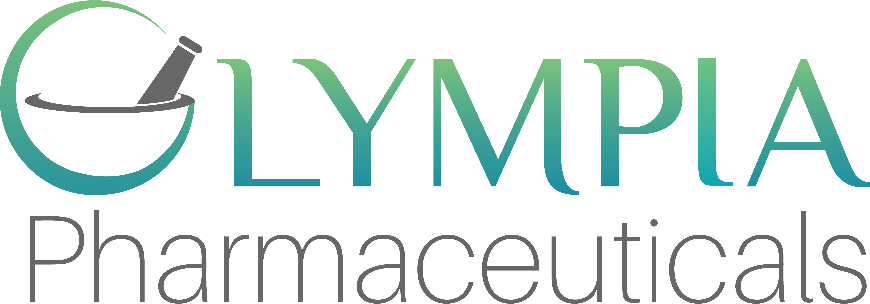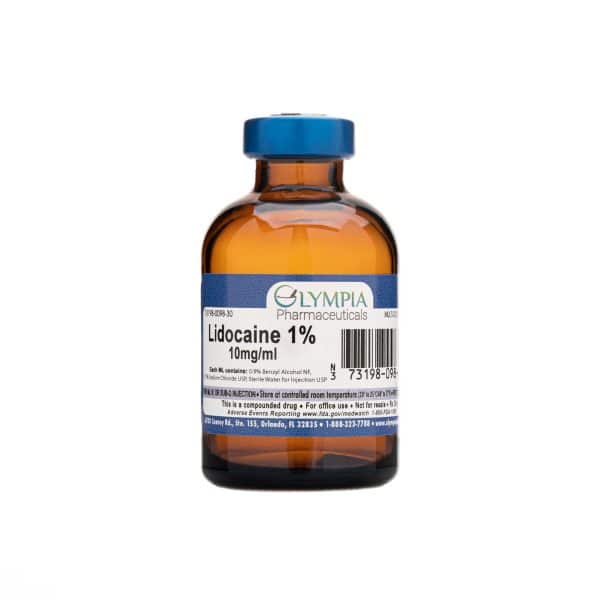What Is Lidocaine HCl?
Lidocaine hydrochloride, commonly known as lidocaine HCl, is a local anesthetic widely used to numb specific areas of the body, providing pain relief and comfort during medical procedures. Available in various forms, such as creams, patches, lotions, sprays, gels and liquids, lidocaine HCl is versatile and adaptable to various clinical settings. Typically, a healthcare professional administers the medication right before a procedure to ensure maximum results.
What Is Lidocaine HCl Injectable Used For?
Lidocaine HCl injections are specifically designed to alleviate pain and discomfort by numbing the targeted area of the body. These injections are commonly used in dermatological, vein and dental procedures, as well as minor surgeries, to provide pain relief and facilitate a comfortable experience for the patient. The rapid onset of action and localized effect of lidocaine HCl injections make them a popular choice among healthcare professionals for managing pain during various medical procedures.
Dosage, Concentration, Route of Administration
Dosage: Seek advice from a licensed physician, medical director, or other healthcare provider
Concentration: (Lidocaine HCl 1%) 10mg/ml, (Also available: (Lidocaine HCl 2%) 20mg/ml)
Route of Administration: IM/IV/Sub-Q
Resources:
Precautions/Side Effects
It is crucial to discuss any allergies you might have to lidocaine or other anesthetics, such as bupivacaine or prilocaine, with your doctor. Be sure to mention any other allergies you have as well. This medication may include inactive ingredients that could potentially trigger allergic reactions or other problems.
Inform your doctor if you have a medical history of cuts, sores, or bleeding in the area where the injection is to be administered. Additionally, disclose if you have a history of heart issues, kidney disease, liver disease or a specific blood disorder called methemoglobinemia.
Lidocaine HCL may cause dizziness, drowsiness, or vision problems. Avoid driving, operating machinery or engaging in activities that require alertness or clear vision until you can perform them safely. Limit alcohol consumption and talk to your doctor before using marijuana, as this medication may intensify the effects.
Before using this product, discuss all medications or supplements you are taking with your doctor. If you are pregnant or breastfeeding, consult your doctor before using lidocaine HCL.
Some common side effects include:
- – Mild nausea
- – Stinging
- – Swelling
- – Burning
Some serious side effects may include:
- – Dizziness
- – Drowsiness
- – Slow/shallow breathing
- – Mental/mood changes (such as confusion/nervousness)
- – Shaking
- – Seizures
- – Vision changes (double vision/blurred vision)
- – Ringing in the ears
- – Fainting
- – Pale/bluish/grey skin
- – Fast/slow/irregular heartbeat
Although allergic reaction is rare, get immediate medical attention if you have any of the following:
- – Rash
- – Itching
- – Swelling of the face, tongue, or throat
- – Severe dizziness
- – Trouble breathing
Storage
Store lidocaine HCl injections at controlled room temperature. Protect from light.
Ready to Learn More About Lidocaine HCl 1%? Contact Olympia Pharmacy Today!



